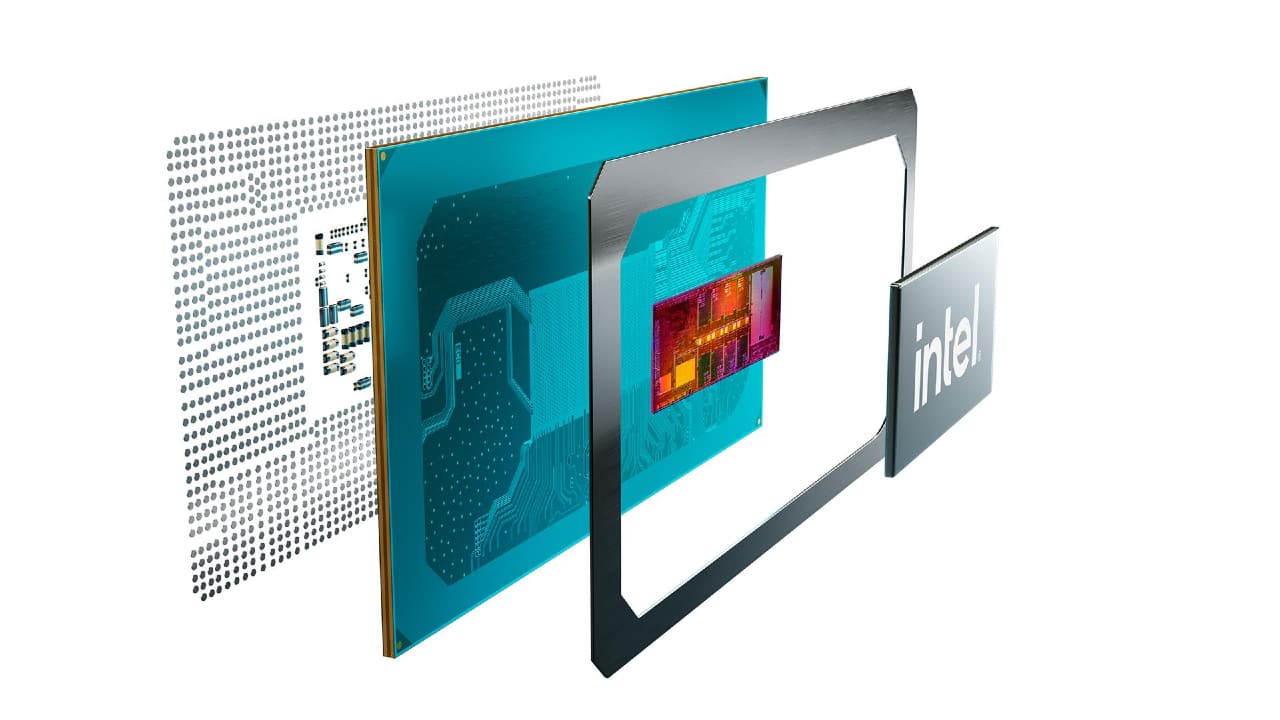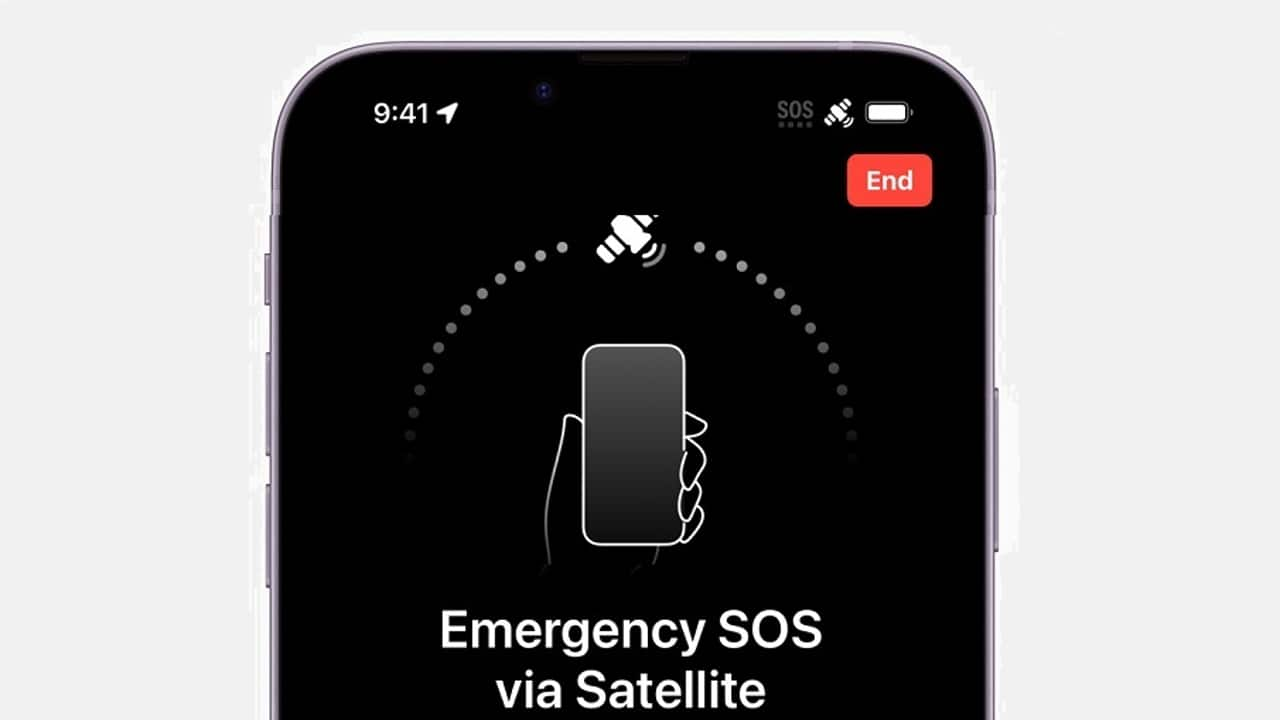The Tech Weekender | Top news from the world of technology this week
Elon Musk contiunes to take the torch to Twitter, Qualcomm announces the Sanpdragon 8 Gen 2 chip, VLC is back in India, Intel takes aim at Deepfakes, and more.
1/11

Elon Musk continues to take the torch to Twitter, as the social media company recently told employees that its offices will be temporarily shut. According to reports, Twitter’s offices will reopen on Monday, November 21. While there’s no official reason for shutting down its offices, the news comes as large numbers of Twitter staff are quitting the company. Twitter offices have been understaffed, while employees have been overworked since Elon Musk’s takeover of the company. Twitter employees were also given the option to sign a pledge to work long hours or leave with three months of severance pay. Former employees are tweeting that anywhere between 74 percent to 90 percent of the workforce have decided to take the compensation.
2/11

According to reports by the BBC, a former employee expects less than 2,000 of its employees to stay, which is little over a fourth of its initial 7,500 workforce. However, while the fate of the company is still uncertain, Elon Musk is going about is usual tweeting spree, doing everything possible to retain his image among his supporters. Musk recently started a poll asking Twitter users whether former US President Donald Trump should be reinstated on the platform. He has also begun reinstating previously banned Twitter accounts of controversial figures. Elon Musk has been critical of Twitter for its handling of censorship, although several accounts were permanently banned after he got parodied by Verified users.
3/11

Qualcomm has announced the company's new System-on-a-chip (SoC) will be coming to Android phones over the next few months. The new chip was revealed during Snapdragon Summit 2022 and compared to Gen 1, it has 35 percent better CPU performance, 25 percent faster GPU performance and is a massive improvement in terms of artificial intelligence (AI) computation. The first Android phones featuring the new chip will come from ASUS, Honor, iQOO, Motorola, Nubia, OnePlus, Oppo, Red Magic, Redmi, Sharp, Sony, Vivo, Xiaomi, Meizu and ZTE.
4/11

A month after VideoLAN, a non-profit that runs the popular VLC Media Player, shot off a legal notice to the Indian government regarding the blocking of an URL, the Ministry of Electronics and Information Technology (MeitY) unblocked the website, Internet Freedom Foundation informed. Jean-Baptiste Kempf, the president of VideoLAN and lead developer of VLC Media Player, also confirmed the development to Moneycontrol. No explanation was reportedly provided by the Government of India about why the URL was blocked.
5/11

Intel has revealed its latest project that can detect Deepfakes with 96 percent accuracy. Called FakeCatcher, Intel's new detection technology can flag Deepfakes within milliseconds. Deepfakes have gained notoriety as being part of a new synthetic medium that's potential uses can possibly hurt a person's public image. They have unfortunately been commonly associated with various pornographic material, fake news and even financial fraud. Intel's FakeCatcher attempts to solve the problem of recognizing faked media by using new real-time detection techniques that use an interesting method to identify fakes.
6/11

Google has agreed to pay $391 million to settle privacy allegations brought forth by 40 states in the US. The states alleged that Google mislead customers about collecting location data and illegally tracked user locations without telling them. In addition to the settlement, Google has also been ordered to be transparent with their data collection policies and has been told to set up a special web page that explains what data is being tracked and when.
7/11

Intel Corp must pay VLSI Technology LLC $948.8 million for infringing a VLSI patent for computer chips. VLSI, a patent-holding company affiliated with the SoftBank Group Corp-owned private equity firm Fortress Investment Group, argued during the six-day trial that Intel's Cascade Lake and Skylake microprocessors violated its patent covering improvements to data processing. An Intel spokesperson said the company "strongly disagrees" with the verdict of the jury and plans to appeal it.
8/11

Meta, Facebook's parent company, has confirmed that it will start removing four information fields from profiles, starting December 1. Starting next month, Facebook profiles will no longer contain addresses, religious views, political views or the "interested in" field, which indicates an account's sexual orientation. The changes were first spotted by Matt Navarra on twitter, who shared a screenshot of the notice that is being sent to Facebook users, that have the fields in question on their profiles.
9/11

The Central Depository Services (India) Ltd (CDSL) recently detected malware in a few of its internal machines and was working with cyber security advisors to analyse the impact. "As per initial findings, there is no reason to believe that any confidential information or the investor data has been compromised," the securities depository said in a stock exchange filing. CDSL has isolated the internal machines and disconnected itself from other constituents of the capital market, it said, adding that settlement activities would be completed after the resolution of the incident.
10/11

Apple's satellite-based SOS service is now available for iPhone 14 users in the United States and Canada. The service uses a satellite network to send an emergency SOS message if you find yourself in danger with no access to cellular networks or Wi-Fi. Users can also share their location via satellite and the Cupertino technology giant said that the service was now live in US and Canada. A December launch is planned for France, Germany, Ireland and the United Kingdom. The service is compatible with every variant in the iPhone 14 line-up and allows you to send critical information to emergency services, along with friends and family.
11/11

Realme has officially launched its 10 Pro series in China. The Realme 10 Pro and Realme 10 Pro Plus’ arrival comes in the heels of the global unveiling of the vanilla Realme 10 4G. The Realme 10 Pro+ features a MediaTek Dimensity 1080 SoC, a curved 120Hz AMOLED display, a 108 MP triple-camera setup, a 5,000 mAh battery, and more. The Realme 10 Pro opts for a Snapdragon 695 SoC, a flat 120Hz LCD screen, a 108 MP dual-camera setup, and more. The Realme 10 Pro features a starting price of CNY 1,599 (roughly Rs 18,300), while the Realme 10 Pro+ starts from CNY 1,699 (roughly Rs 19,400).
Discover the latest Business News, Budget 2025 News, Sensex, and Nifty updates. Obtain Personal Finance insights, tax queries, and expert opinions on Moneycontrol or download the Moneycontrol App to stay updated!





